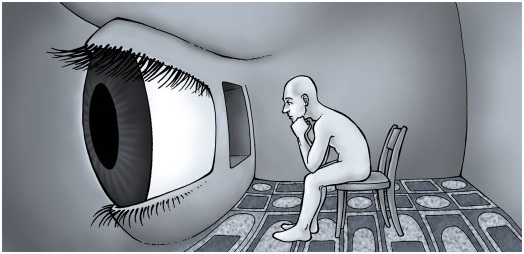
Systematised amnesia – the person may have a very particular and specific memory loss for example, they may have no recollection of one relative.ĭissociative fugue is also known as psychogenic fugue.Generalised amnesia – the person has trouble remembering the details of their entire life.Selective amnesia – the person has patchy or incomplete memories of the traumatic event.For example, following an assault, a person with localised amnesia may not recall any details for a few days. Localised amnesia – for a time, the person has no memory of the traumatic event at all.The four categories of dissociative amnesia include: Dissociative amnesia may be linked to other disorders such as an anxiety disorder. This type of amnesia can last from a few days to one or more years. This is also known as psychogenic amnesia. Mental health professionals recognise four main types of dissociative disorder, including:ĭissociative amnesia is when a person can’t remember the details of a traumatic or stressful event, although they do realise they are experiencing memory loss. Identity confusion – for example, behaving in a way that the person would normally find offensive or abhorrent.Feeling compelled to behave in a certain way.Significant memory lapses such as forgetting important personal information.Other cognitive (thought-related) problems such as concentration problems.

Memory problems that aren’t linked to physical injury or medical conditions.Feeling as though the world is distorted or not real (called ‘derealisation’).Depression or anxiety problems, or both.Sudden and unexpected shifts in mood – for example, feeling very sad for no reason.Problems with handling intense emotions.Symptoms and signs of dissociative disorders depend on the type and severity, but may include:
#DEPERSONALIZATION EXAMPLE PROFESSIONAL#
If you are concerned that you or a loved one may have a dissociative disorder, it is important to seek professional help. Dissociative disorders are controversial and complex problems that need specific diagnosis, treatment and support. Some people, however, develop a dissociative disorder that requires treatment. In most cases, the dissociation resolves without the need for treatment. For example, the event seems ‘unreal’ or the person feels detached from what’s going on around them as if watching the events on television. People who experience a traumatic event will often have some degree of dissociation during the event itself or in the following hours, days or weeks. Dissociative disorders include dissociative amnesia, dissociative fugue, depersonalisation disorder and dissociative identity disorder. Dissociation is a mental process where a person disconnects from their thoughts, feelings, memories or sense of identity.


 0 kommentar(er)
0 kommentar(er)
